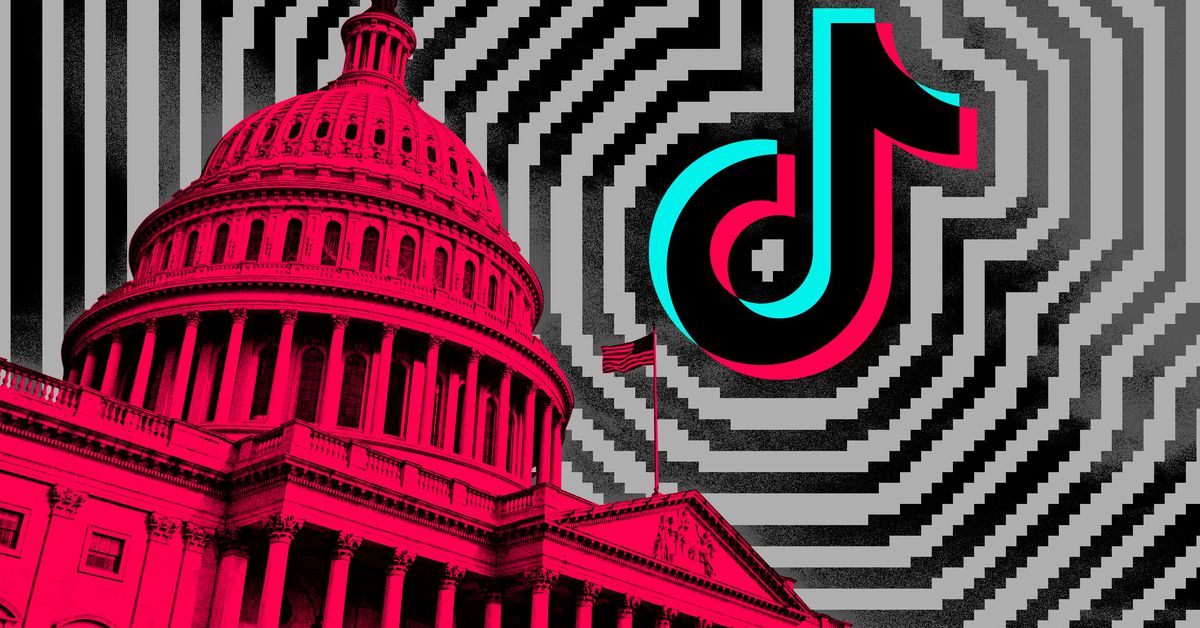
House passes bill that could ban TikTok
Banning TikTok in the US is back on the table after the House voted Wednesday to pass a measure that would do just that unless the app separates from Chinese parent company ByteDance. The bill passed with 352 votes, needing a two-thirds majority to advance. Sixty-five members voted against it, with one voting present.
The House vote revives some US policymakers’ hopes for a forced divestment of TikTok, due to fears that Chinese law could compel its parent company to hand over information on US users, presenting a national security risk. The House Energy and Commerce Committee last week voted 50–0 to advance the bill, after attending an intelligence briefing about the risks of foreign adversary-controlled apps. TikTok says it doesn’t store US user information in China and has been working on a plan to further protect such data, but that’s done little to quell lawmakers’ fears.
The ACLU argues the bill would effectively suppress speech, even if it doesn’t explicitly regulate content. It pointed to a federal court’s ruling in Montana blocking the state’s attempted ban of TikTok to back up its claims that the new House bill is unconstitutional.
Efforts to ban TikTok heated up in March last year, when CEO Shou Zi Chew testified in the House for the first time, then slowed to an apparent standstill until recently. In 2023, a bipartisan group of senators introduced the RESTRICT Act, which put the power to ban apps that present national security risks in the hands of the secretary of commerce.
Now is a particularly tricky time to try to pass a TikTok ban, as candidates including Biden are using the app to get their messages out to young voters ahead of the 2024 US elections.
But both the Biden and Trump administrations have considered their own efforts to ban or force a sale of TikTok, despite Trump’s more recent remarks opposing such policies. Beginning in 2020, Trump issued executive orders that would effectively ban or force a sale of TikTok and other Chinese-owned apps. Those efforts faced legal roadblocks, and once Biden took office he revoked and replaced the orders with a new one, creating a framework to determine national security risks of such apps.


